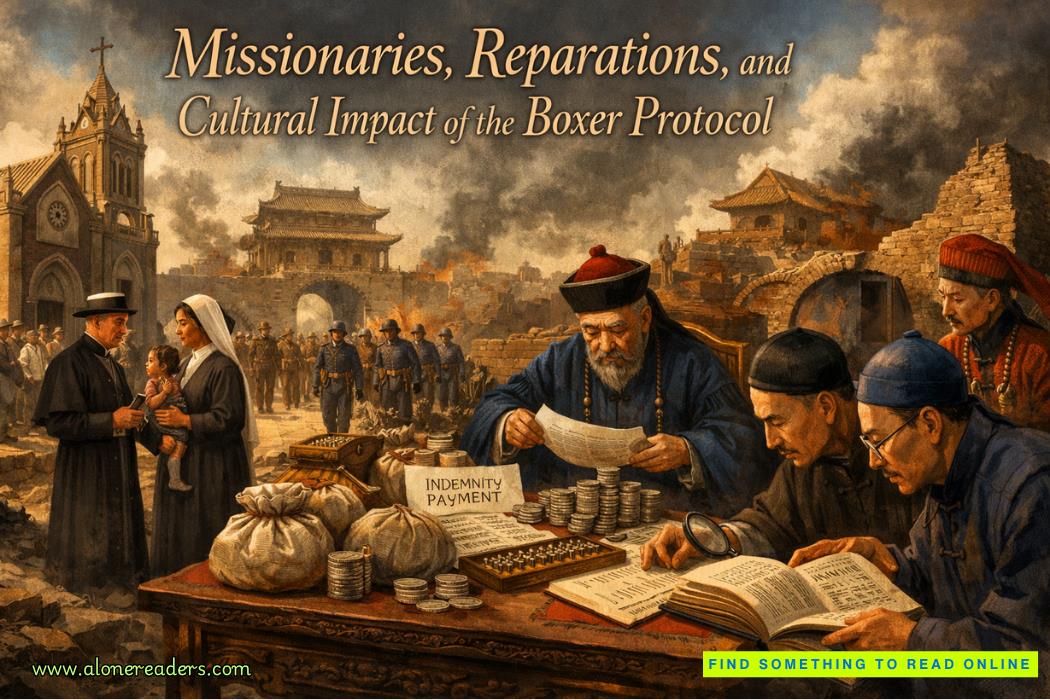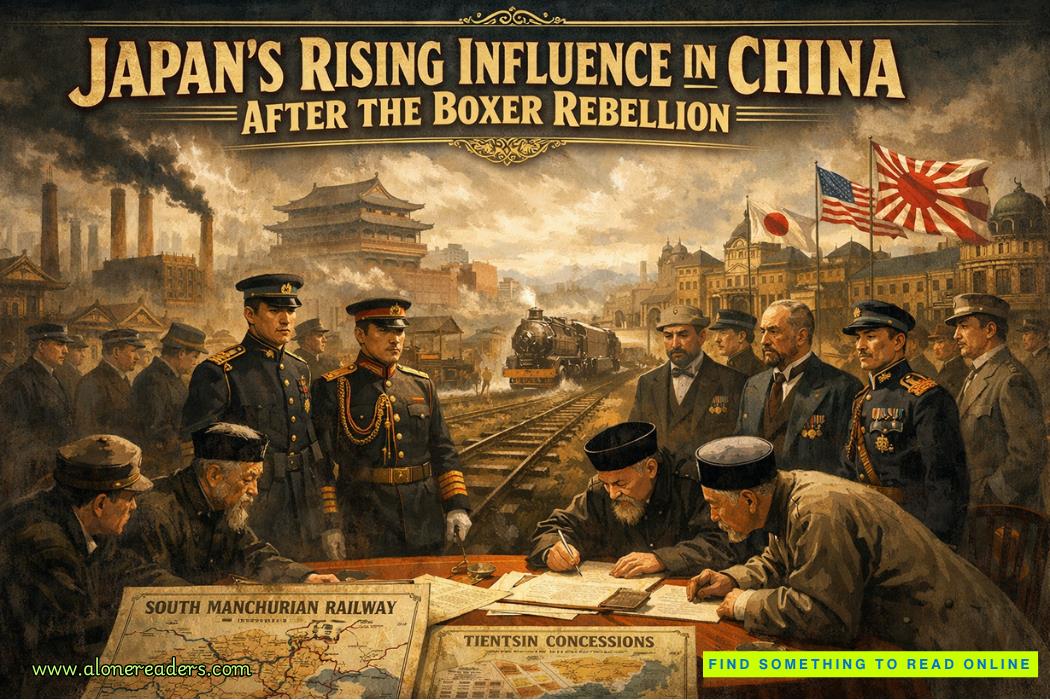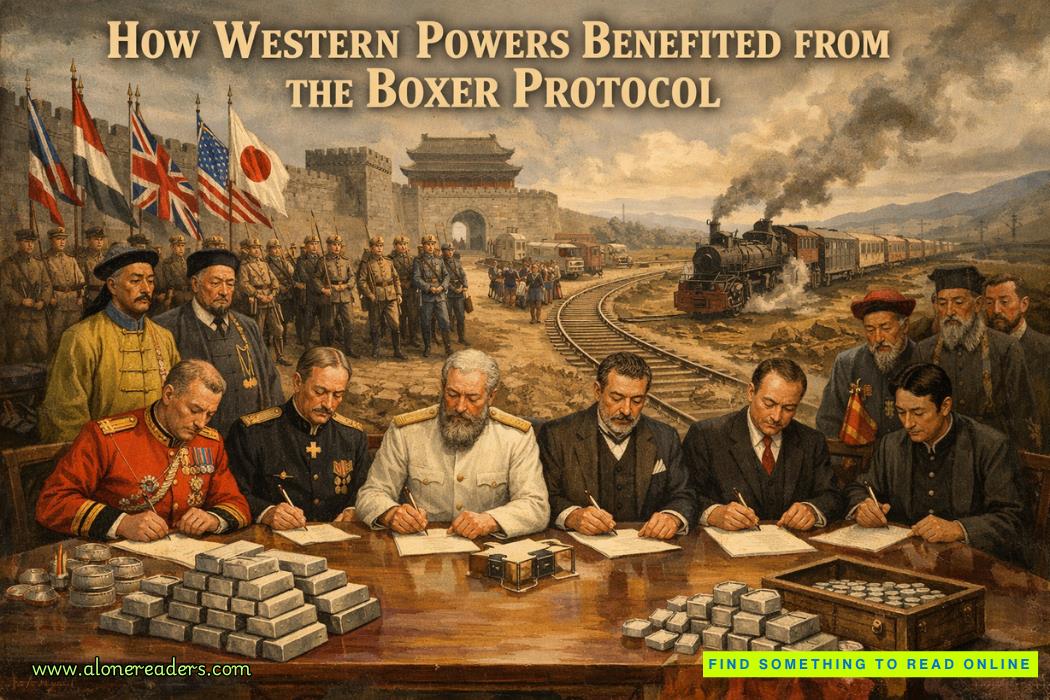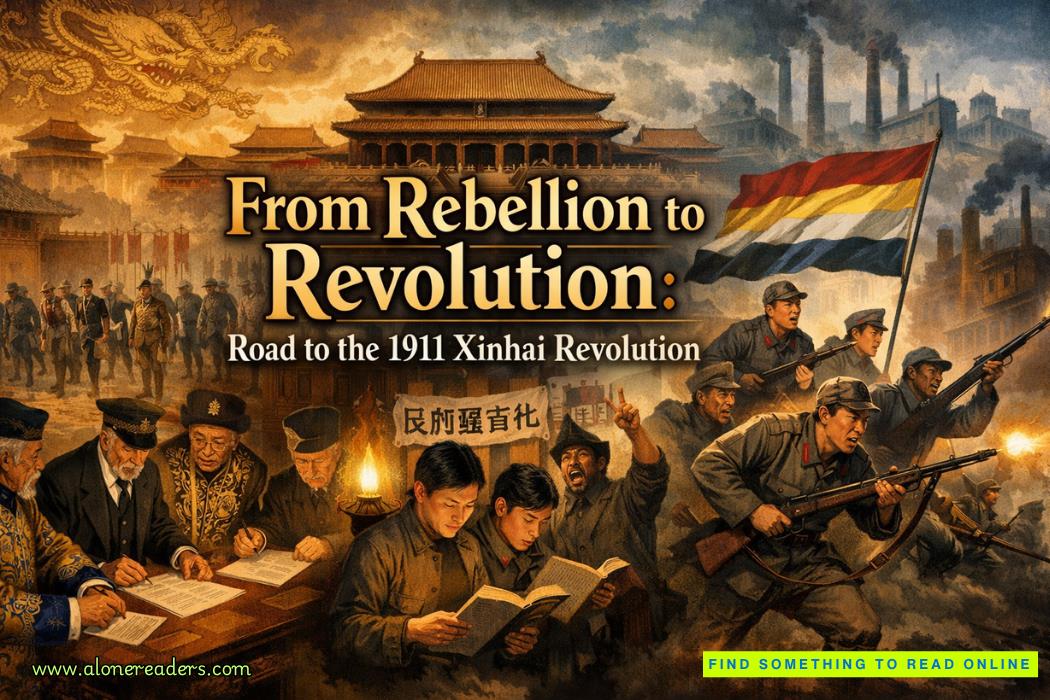‘It’s nothing, really. Some agberos in the market running their mouths again yesterday. I had to put them in their place.’
‘And is that what I taught you to do? To be a thug?’
L’?r? frowned. What kind of question was that?
‘They called you a –’ She paused, refusing to say the word.
‘How many times will I tell you that I don’t need you to fight for me or for my name? There’s nothing to fight for!’ He shouted so loudly that all the children and Alawani turned at the same time.
L’?r? kept her eyes low to the ground. Staring at his feet, she counted his toes like she often did to distract herself when he was scolding her.
‘Look at me!’
Her head sprang up to meet his gaze.
He held her chin and let out a deep sigh. This time, more quietly, he said, ‘I don’t need you to fight for me, L’?r?.’
She slowly moved her face out of his hand. ‘I’m fighting for us. Your name is my name, and I don’t know about you, but I’m tired of it. It’s a curse!’
Baba-Ìtàn let out a heavy sigh. He looked at her the way he often did, with a stony expression on his face and a sad look in his eyes. There were no tears. Baba-Ìtàn would never cry. She’d never even seen the shadow of a mist in his eyes. What she did recognize, though, was disappointment. Disappointment and fear. Fear that she might one day do something really stupid. But he was wrong. She was too smart for anyone to catch her.
‘I’m sorry,’ she said under her breath.
She didn’t mean it, and so she didn’t meet his eyes. Heknew her too well to think she’d ever apologize for fighting for a better life than the one she was trapped in. She was sorry, however, for always falling short of the high standards he’d set for her.
His chest deflated and a pained sigh escaped his lips. He turned to the children, ‘That’s all for tonight. Go home.’
The children moaned, but he’d made up his mind.
‘Make sure no one is left, and clean up when they’re gone,’ he said to L’?r? before walking towards the entrance of their home. The old library-turned-house was a three-storey relic of the life Baba-Ìtàn had lived long before L’?r? was born. When his family name held weight throughout the kingdom of Oru. Now, its high walls made of brilliant clay stones crumbled in parts where the mould and rot ate them away. Against the dark of night, it looked like something haunted, with all the boarded-up windows and patch work her father had done in an attempt to save their home from crumbling to dust.
Alawani waited for Baba-Ìtàn to be out of sight before returning to L’?r?’s side.
‘Why’d you tell him? I’ve never heard him so angry.’
‘What should I have done, lied?’
‘Yes!’
‘I’m not going to lie to my father. Anyway, it’s good for him to know,’ L’?r? said, glancing at the house.
The children scattered off, clashing their wooden swords and laughing as they ran away. It was too late to play ‘soldier and thief’, but who was going to stop them?
L’?r? and Alawani sat across from each other by the fire, delaying the inevitable. He had to go. Baba-Ìtàn would never allow him to stay over in their home.
‘Come here,’ L’?r? said, shifting to make space for him on her mat, hoping to get out of him whatever had fixed worry lines across his face.
Alawani snuggled next to her, and they put their hands towards the fire to warm up.
He smelled like earth, and she couldn’t stop herself from inhaling, pretending to be taking in the heat. His face was angular, with high, strong cheekbones that made him appear chiselled from stone. His arms rubbed against hers, and she glanced at the tattoos that decorated them. A pair of black bands against his reddish-brown skin and an intricately designed image of the sun between both bands. A sign that he was of royal blood. She couldn’t see the other arm, but she knew it had the design of flames, like a fire starting from his wrist and growing towards his shoulders. And, of course, the single lines on either temple told the world he was born of Oru. His marks represented Ìlú-?ba – the capital city and first ring that shielded his birth place, the Royal Island of Oru.
She raised her hand to her own temple, feeling the three lines inscribed with a hot blade when she was a child, which told the world she was born of Oru and was from Ìlú-Ìm – the home of knowledge and second ring of Oru.
L’?r? stared at the sands beneath their feet to avoid gazing into his eyes. The cowries around his ankles came into view – two rows of them. Nearly two dozen kills. L’?r? never asked whose souls they belonged to. Especially as a couple of those shells would have been hers if he hadn’t stepped in to protect her. He was the reason L’?r? didn’t have a single cowrie anywhere on her person. She’d often done a lot of damage but had never taken a life, and for that she was grateful. She was so lost in thought that when he touched her fingers, she flinched.
‘You’re freezing,’ he said. Without waiting for her response, he cupped her palms in his and blew warm air into them.
Her face grew hot, and her heart raced. She shoved him off and pulled her hands to her side.















